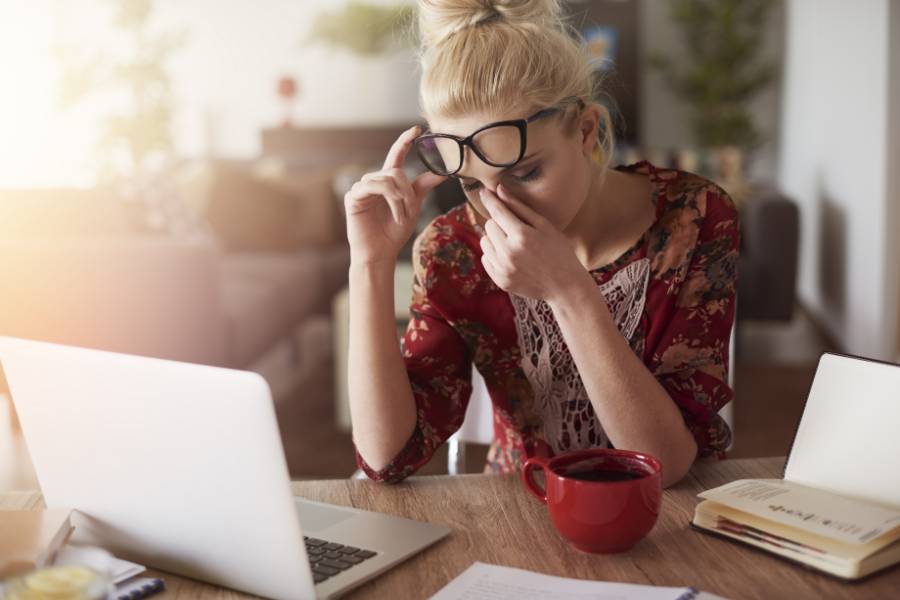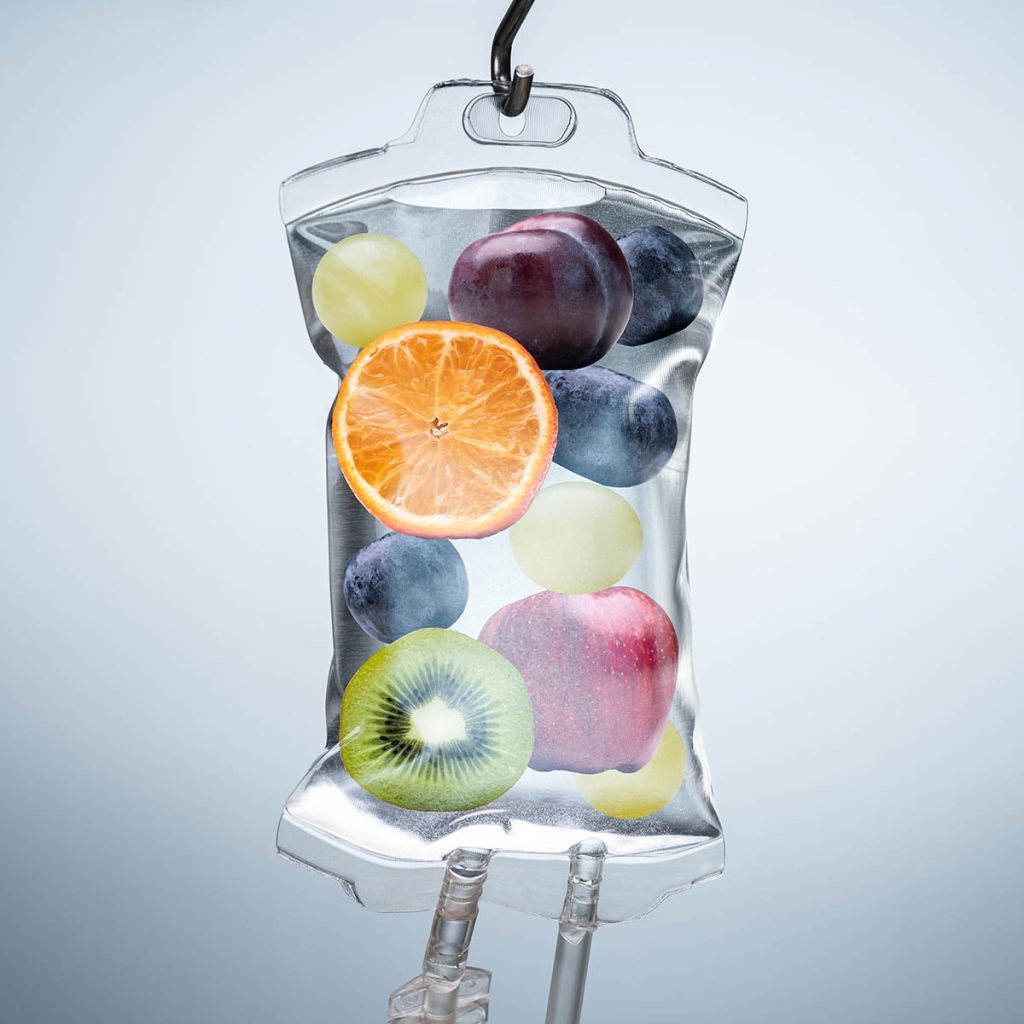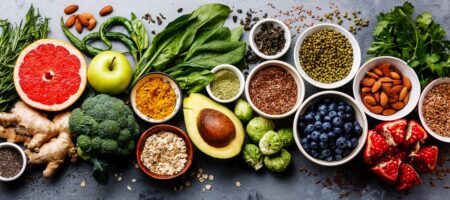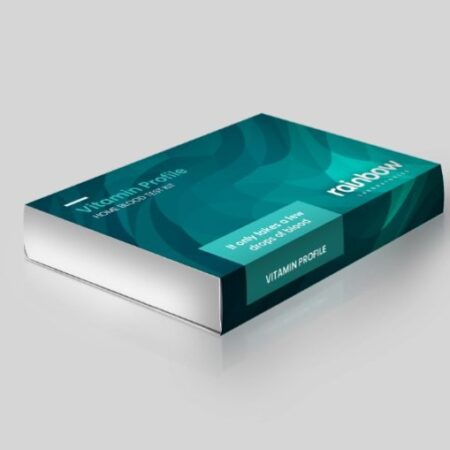Anxiety: 5 Natural ways to manage anxiety and stress
Anxiety and stress are part and parcel of modern life, so it is more important than ever to keep both at bay and sustain good mental health.
Everyone has to deal with anxiety from time to time – after all, it is a part of the human condition. The level of anxiety, however, varies in people and their situations.
You can have mild reactions to bad traffic or major worries concerning a job interview or a driving test. Then, there are the severe ones that can result in panic attacks or worse.
As for stressful situations, they are an inevitability in this day and age. Dealing with stress daily can very well lead to habitual anxiety.

If you suspect you are suffering from chronic anxiety or stress, you must seek professional help. Absolutely, you must – anxiety is a treatable condition.
However, for the rest, you can take a few simple steps yourself. We have listed a few methods that can help relieve anxiety and give you more control over your mental health.
Get an Overall Check-up
General Health MOT
£136.00A simple blood test that helps rule out an expansive list of health conditions.
Men’s Health MOT
£196.00The ideal blood test for men that provides an overall view of their general wellbeing.
Women’s Health MOT
£206.00A blood test that covers all the essential areas of overall female health.
Get a grip on your anxiety by working out
Regular exercise not only yields fantastic results for physical health, but it can do wonders for mental health as well.
For one, it aids in burning up much of the anxious energy the body has stored up.
The repetitive movement of the muscles also lessens the muscle tension, thereby also lessening the body’s physical contribution to anxiety.

Second, exercise releases endorphins – natural hormones that help cope with pain and stress.
There are aspects of exercise that help as well.
When you engage in physical workouts, your mind naturally gets dissuaded from focussing on whatever it is that is making you anxious.
This 2013 study found that physical exercise stimulates the brain’s frontal region. This part of the brain aids in controlling the amygdala – the body’s reaction system, which perceives both real and imagined dangers.
One 2015 study has concluded that exercise may actually be a treatment for anxiety, while another 2016 study stated that exercise is sure to lessen anxiety in people who are quitting smoking.
Drinking and smoking make anxiety and stress worse
Cigarettes and alcohol may appear to take the edge off, but they make anxiety a lot worse over time.
Alcohol, being a natural sedative, can calm your nerves for a short time.
Once this calming effect passes, the anxiety does return in a stronger manner.
Using alcohol to relieve anxiety can result in alcohol dependence, which is bound to make your condition worse than ever before.

Smoking is pretty much like drinking; it will only lend you a quick fix.
In fact, research shows that the earlier you take up smoking, the higher the risk is of you developing severe anxiety disorders later in life.
Quitting is the best way to cope with nicotine-induced anxiety. However, it is much easier said than done.
If you face difficulties when trying to quit smoking, you should contact your GP. Alternatively, you can use the resources that support quitting smoking provided by the NHS.
If you live in England, you can also call the free National Smokefree Helpline on 0300 123 1044.
Good time management can make a huge difference
Balancing work, family, and daily miscellaneous chores (essential or otherwise) is overwhelming and stressful for the best of us.
And it can only get worse if anxiety is in the mix.
Drawing up a solid plan can help reduce stress. Dividing up each of the different tasks and activities can take the pressure off considerably.

Smaller chunks of a single task are also more easily doable than the single task itself in one go. This effectively takes much of the pressure off and helps with your anxiety.
And since you will be working with a little less anxiety-driven tension, the task gets done more efficiently.
Effectively managing time can help you focus on the task at hand and help you be better prepared to begin the next one on time.
You can use diary planners, smartphone apps, or online calendars to draw up your daily schedules. Avoid multitasking whenever possible.
You will find yourself completing your goals more efficiently and without stressing too much.
Deep breathing and relaxation exercises
Anxiety can trigger quick, shallow breathing. If you continue to breathe this way, your heart rate will be elevated, and you will be taking in less oxygen, which can lead to feeling dizzy and even increase your chances of having a panic attack.

Be sure to take slow, deliberate deep breaths when you feel anxious. Keep breathing deeply until your normal breathing pattern is restored.
Make sure your body is receiving the right vitamins
While we understand and unquestioningly accept that vitamins and nutrients play major roles in the upkeep of our physical wellbeing, we also tend to overlook their importance in the maintenance of our mental health.
The food you eat and your overall intake of nutrients can and do greatly influence the state of your mind.
Certain vitamins are absolutely essential for a healthy mind. Here, we are not talking about just anxiety either.
When you develop a certain vitamin deficiency, you will start to experience a wide array of physical symptoms corresponding to the lack of that vitamin.
However, the physical symptoms are the most apparent ones. The mental health issues that manifest alongside are more subtle and, therefore, a lot easier to overlook.
Vitamin deficiencies can make you more prone to stress and anxiety, but if left unchecked and untreated, they can lead to severe cases of both.
Besides anxiety, vitamin deficiencies are linked to other mental health conditions as well, such as depression, mood swings, difficulty concentrating, and difficulty remembering, among others.
If you are experiencing severe or chronic anxiety (or any other mental health conditions), you must consult with your GP.
Mental health conditions are treatable, and if appropriate, you may be prescribed anti-anxiety medicines and anti-depressants.
However, if you make sure that you are including the right items in your diet, you can reduce or even completely eliminate the risk of anxiety, depression, and other mental health disorders induced by a lack of vitamins in your system.
So, what vitamins must you be mindful of in your daily consumption of food?

Vitamin B1
Vitamin B1 is also known as thiamine. It is essential for the body to be able to convert food into energy.
The energy conversion process can be heavily compromised if your body does not receive sufficient vitamin B1.
Vitamin B1 deficiency can lead you to experience tiredness, weakness of muscles, gastrointestinal disorders, and loss of appetite.
Furthermore, mental health issues such as anxiety, depression, loss of memory, insomnia, and irritability are heavily linked to vitamin B1 deficiencies.
Considering that vitamin B1’s primary function is converting food into energy, a deficiency leads the brain and all the body’s organs to receive less than the required amount of energy.
Thus, when your body starts to lack thiamine, there is less energy for the brain to function at sufficient capacity leading to anxiety and other mental health problems.
Good sources of vitamin B1 include:
- Eggs
- Oranges (including orange juice)
- Wholegrain foods such as wheat and bran
- Red meats like beef
- Beef or lamb liver
- Fish
- Peas
- Lentils
- Beans
- Fortified cereals, bread, and other fortified food products
Sometimes, vitamin B1 deficiency can become too severe. In such instances, doctors may prescribe you manufactured thiamine medication to restore normal levels in your system.
Vitamin B12
Vitamin B12 plays a key role in the body’s production of red blood cells. Besides helping the body in forming healthy red blood cells, vitamin B12 has other essential roles as well.
The body also requires vitamin B12 for DNA production and cell metabolism. Like vitamin B1, vitamin B12 also plays a role in producing energy from the food you eat.
Moreover, vitamin B12 is also essential in the development of the brain and the nervous system and for these organs to function at their optimum levels.
Vitamin B12 deficiency, in short, is severely detrimental to your overall health.
Symptoms of vitamin B12 deficiency include fatigue, ulcers in the mouth, weakness in the muscles, vision problems, and seizures, among other health issues.
Vitamin B12 deficiency can also be responsible for causing a variety of psychological disorders, including anxiety, depression, dementia, confusion, and problems with memory and cognition.
For a vitamin so important to vital functions, it is one of the ones that the body itself is unable to produce.
The main sources of vitamin B12 include almost exclusively foods from animals.
It is, therefore, extra important for people following vegan and vegetarian diets to include vitamin B12 supplements in their lifestyle.
Sources of vitamin B12 include:
- Beef
- Liver
- Eggs
- Poultry meat
- Salmon
- Tuna
- Trout
- Sardines
- Clams
Vitamin D
Vitamin D is another extremely vital micronutrient for your overall health.
The skin produces vitamin D when exposed to the sun. However, that can become a difficult feat in itself when living in a country like the UK, where proper sunshine is a sparse gift of nature.
The human body requires a good supply of vitamin D to maintain the proper health of bones and teeth. Moreover, vitamin D also plays an essential role in the maintenance and recovery of muscles.
The immune system also requires the proper helping of the ‘sunshine’ vitamin in order to function properly and sustain its own health.
There are several symptoms that show in people with vitamin D deficiency.
These include aches in the bones, lack of stamina, lack of energy, muscle pains, hair loss, feeling dizzy, sleeping problems, excessive sweat, wounds taking longer to heal, gaining weight, and recurring infections.
Vitamin D deficiency is also linked to mental disorders such as low mood, anxiety, irritability, and depression.
There are very few food sources that provide vitamin D like red meat, liver, egg yolk, oily fish, and fortified cereal, among others. Even then, the amounts are not sufficient to meet the body’s requirements.
The NHS advises people in the UK to add vitamin D supplements to their diet during the autumn and winter months.
Signs to watch out for when suffering from anxiety
While the practices above can help relieve symptoms of anxiety, sometimes, these are not enough. You must consult with your GP if you experience any of the following signs:
- Your anxiety becomes chronic and starts to interfere with your daily activities,
- The anxiety symptoms have continued for longer than six months,
- You start suffering from physical symptoms such as chronic fatigue, sleeping difficulties, stomach issues, or rapid heart rate,
- You find it difficult to partake in social activities or feel discomfort attending places with people,
- You start having self-harm or suicidal thoughts.
How can VIVO Clinic help

One of our most in-demand services is the Vitamin Profile. After having read (or skimmed) through this article, how this test can help is obvious.
However, for everyone who has not, here goes:
Our Blood Test for Vitamins is a simple blood test that checks the vitamin levels in your system.
With this test, you can easily find out if you may have a deficiency and whether that vitamin deficiency is contributing to the anxiety or stress you may be feeling.
It is an excellent way to discover and address any diet or other unexplained health issues.
What’s more? The test results will include a report from a specialist.
Book your Blood Test for Vitamins today!
We also offer other blood tests that can help put your worries at ease by addressing other aspects of your health. Check them out on our shop page.
Find out if your body is getting all the necessary vitamins
Related Articles

Vegan diet: Essential nutrients you may be missing
A vegan diet offers a considerable number of health benefits, but even the most well-planned plant-based diet misses a few...
0.3% of People Understand Current Travel Restrictions!
VIVO Clinic recently polled over 300 UK residents who are considering an international flight within the next 12 months. Shockingly,...
BOTOX® Aftercare
BOTOX® has a very little impact on your activities. Following the injections, we recommend you adhere to a few simple...1,000,000
Customers
Felt so comfortable and welcome. Explained in detail about my treatment and took the time to interact.
Very professional and friendly. The HIFU treatment was very comfortable and I felt relaxed.
Have more appointments booked so looking forward to my next visit.
Thank you again you are absolutely fantastic 😀
 close
close










